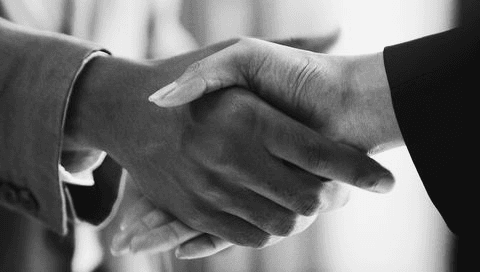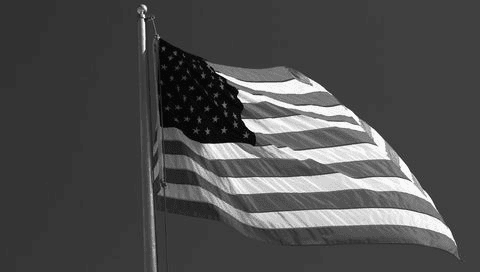The court agreed with plaintiffs on both points. The court first noted that some of the “willfulness” evidence (copying of plaintiff’s inventions and commercial success) may be relevant to defendant’s obviousness defenses. As for the plaintiff’s second point, the court acknowledged that some district courts have suggested that it is improper to submit the willfulness question to the jury unless and until the court first decides whether plaintiffs have met their burden on the objective prong. Even so, the court noted that this rule has not been imposed by the Federal Circuit. According to Judge Crabb, such a rule would unnecessarily burden the court by requiring the jury trial to be put on hold while the court considered the objective prong.
Ultratec, Inc. v. Sorenson Communications, Inc., 313cv00346 (W.D. Wis. Oct. 3 2014) (Crabb, J.).




